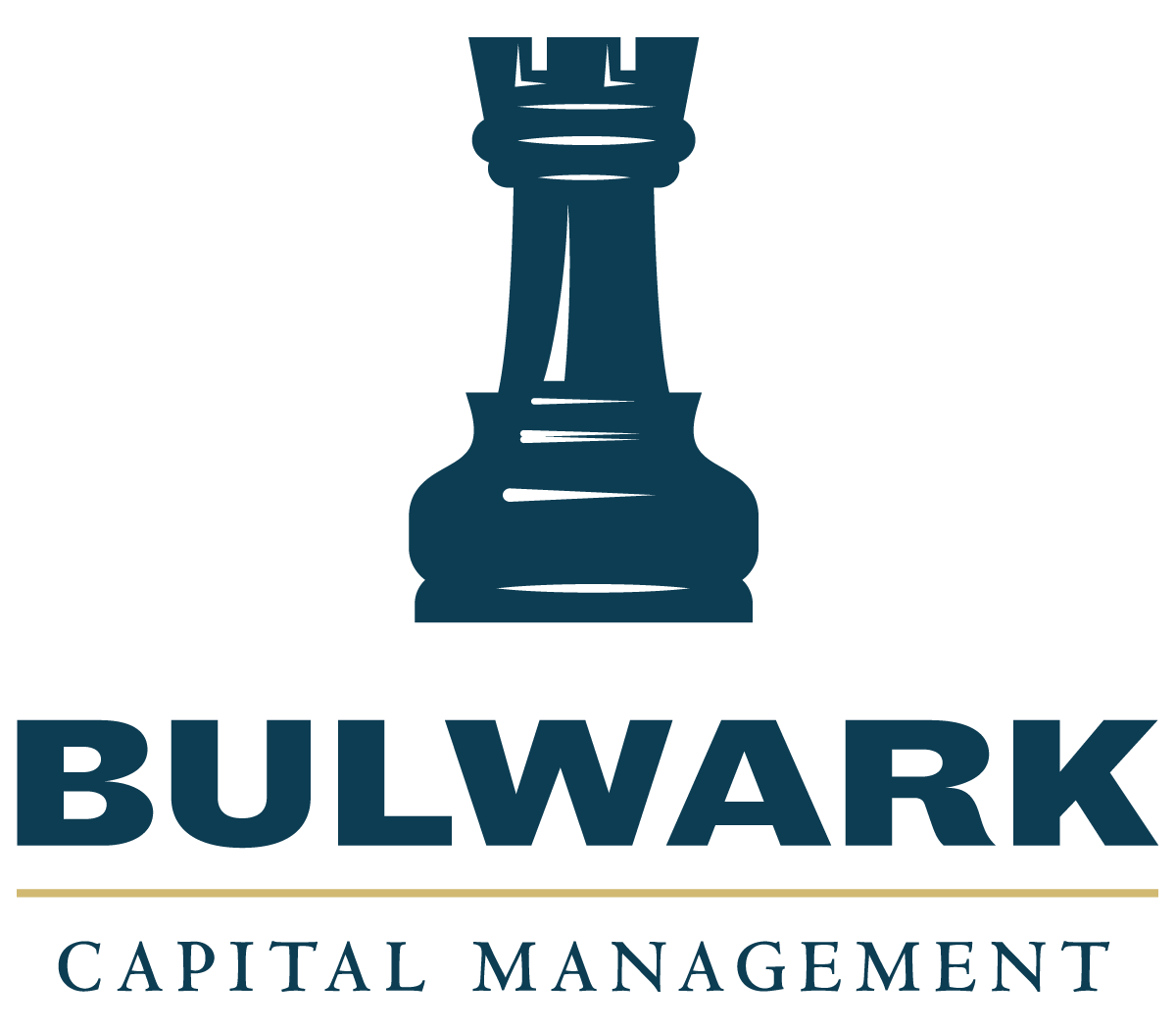To understand what a Roth conversion is, you must first understand some of the basics about the different types of retirement accounts, called “qualified accounts.”
Also called defined-benefit plans, pensions are paid for by employers. They have largely gone away for Americans in the private sector starting with the passage of three laws during the Reagan administration, the Tax Equity and Fiscal Responsibility Act passed in 1982, The Retirement Equity Act of 1984, and The Tax Reform Act and Single Employer Pension Plan enacted in 1986.
The lack of pensions is one reason why it’s important for people to create their own retirement income plans.
Defined-contribution plans, including 401(k)s and similar plans, rely on an employee to elect to contribute a percentage of their salary in order to save for retirement. Contribution amounts are usually taken out of an employee’s check on a “pre-tax” basis, and sometimes a company will add a “matching” amount based on the percentage the employee contributes, often based on an employee’s length of service.
A 401(k) plan generally has a limited list of fund choices. The maximum an individual can contribute to a 401(k) in 2020 is $19,500 per year, or $1,625 per month, not including the employer’s matching amount.
For traditional 401(k)s, no taxes are due on 401(k) accounts until the money is withdrawn. Ordinary income taxes are due upon withdrawal at the account owner’s current tax bracket rate, and withdrawals are mandatory starting at age 72. NOTE: Roth 401(k)s are available at some companies, and contributions for those are made on an after-tax basis.
An IRA—Individual Retirement Account—is a type of account which acts as a shell or holder. Within the IRA, you can invest in many different types of assets. You can choose between CDs, government bonds, mutual funds, ETFs, stocks, annuities—almost any type of investment available. You can open an IRA account at a bank, brokerage, mutual fund company, insurance company, or some may be opened directly online.
For 2020, you can contribute up to $6,000 to an IRA, plus an additional $1,000 catch-up contribution if you reach age 50 by the end of the tax year. Traditional IRA contributions are typically made with pre-tax dollars, which gets accounted for on your tax return in the year you choose to make the contribution. Depending on your income level, sometimes traditional IRA contributions can also be tax-deductible. Traditional IRA withdrawals are treated as ordinary income and taxed accordingly, and withdrawals are mandatory starting at age 72.
Like a traditional IRA, a Roth IRA is a type of account which acts as a shell or holder for any number of different types of assets. The difference is that Roth IRA contributions are made with after-tax dollars.
Withdrawals are not mandatory for Roth IRAs, but you can withdraw funds tax-free as long as you follow all rules, which include having the account in place for at least five years. Those age 59-1/2 or older can withdraw any amount—including gains—at any time for any reason, and can also leave Roth IRA accounts to their heirs tax-free—beneficiaries just have to withdraw all the money within 10 years of the account holder’s death.
For people under age 59-1/2, as long as they have had their Roth IRA account in place for five years or longer, they can withdraw any amount they have invested at any time—but not the gains or earnings. If they withdraw the gains or earnings, they may have to pay ordinary income taxes plus a 10% penalty on those, with some exceptions, such as first-time homebuyer expenses up to $10,000, qualified education and hardship withdrawals, which may avoid the penalty but still require tax be paid on any amount attributed to earnings.
Roth IRAs offer the potential for tax-free retirement income as well as tax-free wealth transfer to heirs. Essentially, with a Roth IRA, your interest, dividends and capital gains which accumulate inside it are tax-free as long as you follow all Roth IRA withdrawal rules.
For 2020, you can contribute up to $6,000 depending on your income, plus an additional $1,000 catch-up contribution if you reach age 50 by the end of the tax year. However, Roth IRAs have income restrictions that may disqualify higher-income people from participating. The income restrictions on Roth IRA accounts are not always a barrier to conversions—a perfectly legal tax strategy called a “backdoor Roth IRA conversion” can be accomplished as long as all IRS rules are followed.
Roth Conversions
Because of the many Roth IRA tax advantages, some people may benefit from converting some of the money in their taxable 401(k) and/or traditional IRA accounts into tax-free Roth IRAs. Conversions are a taxable event in the year they are done, and they cannot be undone, so it is important to work with a qualified advisor to run anticipated tax savings calculations to see if they make sense. Additionally, there are complex tax rules which must be adhered to in regard to the ratio of taxable to non-taxable amounts held in IRAs.
If you have a low-income year due to a job loss or cutback, or you are five to 10 years away from retirement, you may benefit from a Roth conversion, or a series of them at today’s lower tax bracket rates, set to revert back up to 2017 levels for the 2026 tax year.
There are basically three ways to do Roth conversions according to Investopedia:
1) A rollover, in which you take a distribution from your traditional IRA in the form of a check and deposit that money in a Roth account within 60 days.
2) A trustee-to-trustee transfer, in which you direct the financial institution that holds your traditional IRA to transfer the money to your Roth account at another financial institution.
3) A same-trustee transfer, in which you tell the financial institution that holds your traditional IRA to transfer the money into a Roth account at that same institution.
Whatever method you use, you will need to report the conversion to the IRS using Form 8606 when you file your income taxes for the year and follow all rules. Roth conversions are complex and you should seek expert tax guidance.
Let’s talk. Contact Bulwark Capital Management in the Seattle area at 253.509.0395.
This article is for informational purposes only and should not be used for financial or tax advice. Future tax law changes are always possible. Be sure to consult a tax professional before making any decisions regarding your traditional IRA or Roth IRA.
Sources:
https://protectpensions.org/2016/08/04/happened-private-sector-pensions/)
https://blog.turbotax.intuit.com/tax-deductions-and-credits-2/can-you-deduct-401k-savings-from-your-taxes-7169/.
https://www.nerdwallet.com/blog/investing/how-much-should-i-contribute-to-a-401k/.
https://www.debt.org/tax/brackets/
https://www.investopedia.com/terms/b/backdoor-roth-ira.asp#
https://www.investopedia.com/roth-ira-conversion-rules-4770480
https://www.kitces.com/blog/roth-ira-conversions-isolate-basis-rollover-pro-rate-rule-employer-plan-qcd/
















 253.799.6416
253.799.6416 invest@bulwarkcapitalmgmt.com
invest@bulwarkcapitalmgmt.com